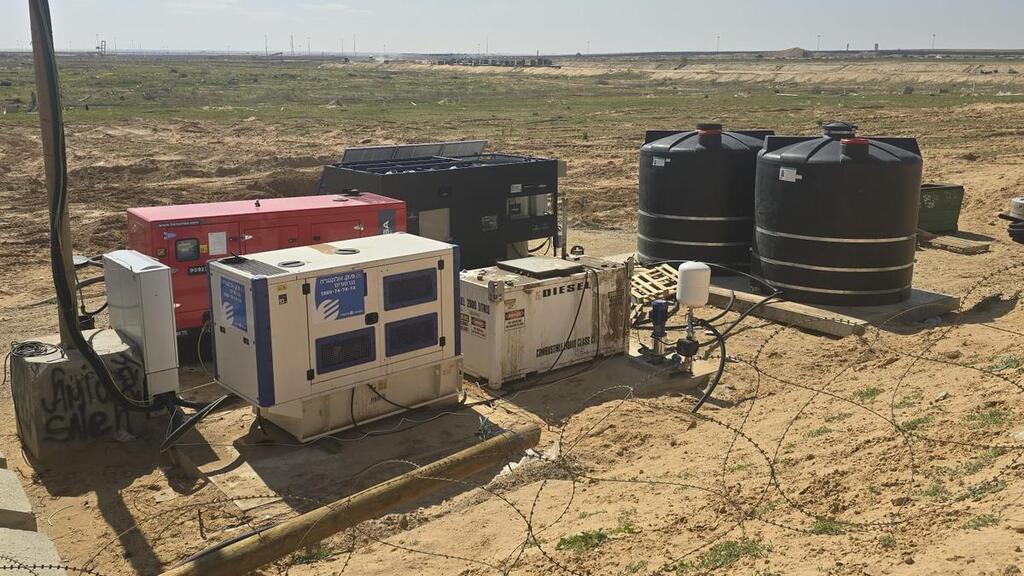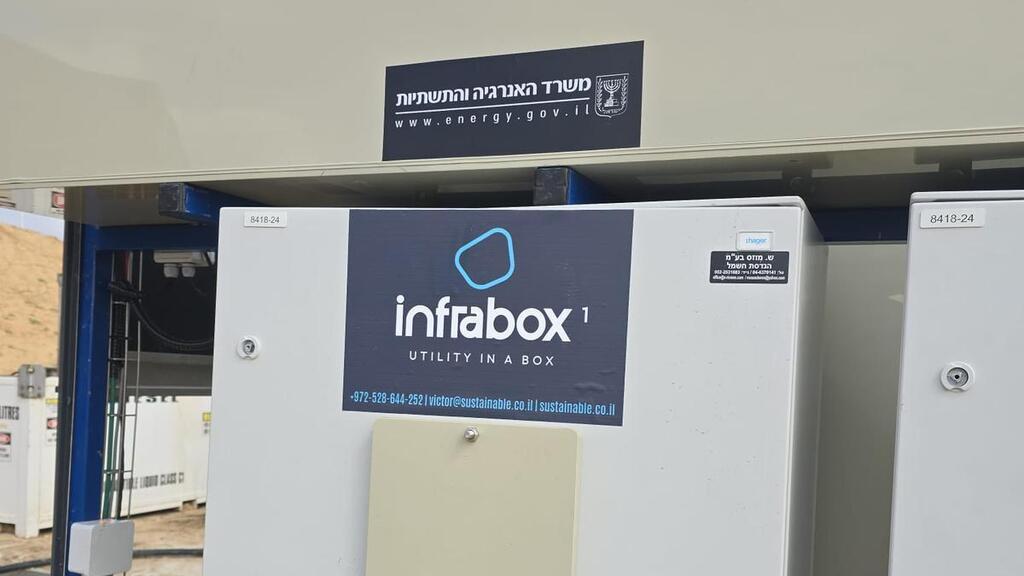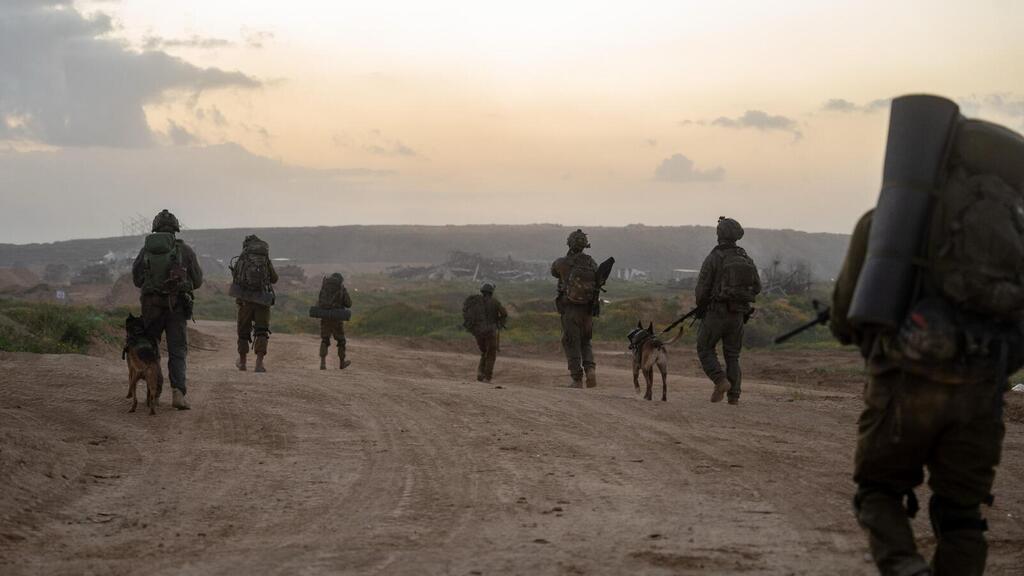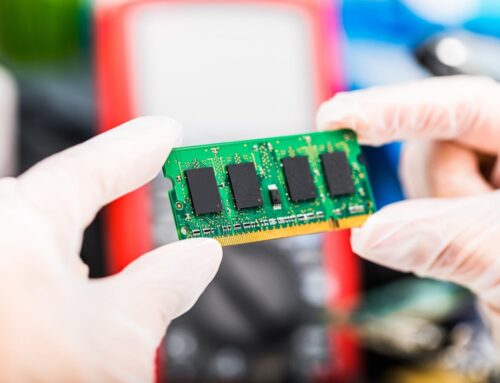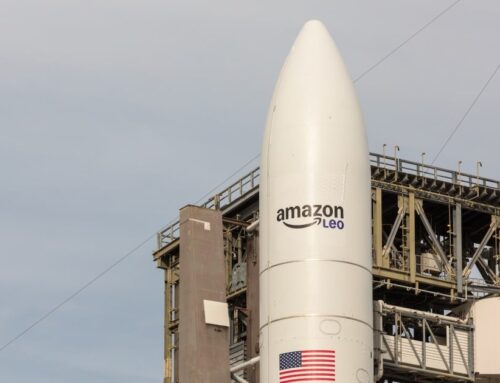IDF pilots energy-saving system to slash grid reliance in remote outposts
April 5, 2025
An IDF base in southern Israel has begun implanting the operation of “InfraBox,” an off-grid infrastructure system combining solar panels, energy storage and smart microgrid technology.
Developed to function independently from the power grid and sewage networks, the system is designed to maintain operational continuity during emergencies — such as those seen on October 7 in remote military outposts.
The project, backed by the Energy and Infrastructure Ministry in partnership with the Sustainable Group, is part of a broader effort to improve military resilience and sustainability.
Currently in its pilot phase, InfraBox generates 5 kilowatts of electricity per hour. In its next phase, it will be upgraded to a 30-kilowatt installed capacity with 30 kilowatts of storage and the ability to integrate generators if needed.
The upgrade would enable bases to rely almost entirely on renewable energy, significantly reducing resource consumption and environmental pollution.
Victor Hajaj, founder of the Sustainable Group and the lead developer of InfraBox, said the system was inspired by a 2014 project in the Democratic Republic of Congo. That effort aimed to build infrastructure for nearly one million people displaced by Boko Haram.
“The main challenge was to provide basic needs like water, sewage, electricity and waste management,” Hajaj said. “No company could deliver a remote, self-sufficient solution, so we began integrating existing Israeli technologies — like water desalination, sewage treatment, solar energy and biogas.”
A critical issue in military zones, especially during wartime, is sewage contamination, which can lead to disease outbreaks. During the ongoing war in Gaza, several cases of dangerous viruses among IDF troops have been reported and experts have warned of risks to groundwater in the region.
Get the Ynetnews app on your smartphone: Google Play: https://bit.ly/4eJ37pE | Apple App Store: https://bit.ly/3ZL7iNv
InfraBox addresses this by independently treating wastewater, filtering and purifying it to reclaimed water standards. The recycled water can then be used for irrigation and other non-potable needs, eliminating the need to discharge waste into open sewage systems. This reduces soil contamination, curbs the spread of pathogens through tainted water and improves hygiene in field conditions.
“When we first tried to deploy the system in Israel, regulation was a major hurdle,” Hajaj noted. “But recent regulatory easing, along with the new infrastructure challenges brought on by the Gaza war — like the need to quickly deliver infrastructure to mobile or newly deployed units — allowed us to move forward. Now that we’re working with army outposts, we believe we have a homegrown solution to Israel’s military sanitation and energy needs.”
The Energy Ministry has allocated NIS 1.1 million ($300,000) to support the project, as part of a broader initiative to modernize military infrastructure and make it more resilient to future crises.
Beyond military use, the technology could be deployed by local authorities to reduce sewage output and produce reclaimed water for agriculture and urban needs — lowering the cost of sewer upgrades and helping prevent community-level disease outbreaks.
“This project demonstrates how full sustainability can be achieved in a field unit — from energy generation to wastewater treatment and clean water production,” said Dr. Yael Herman, head of R&D at the Energy Ministry’s Chief Scientist Unit. “While ideal for remote locations, it’s especially relevant now, given the war, which requires broader deployment.”
“This solution simplifies operations, reduces manpower needs and upgrades the IDF’s ability to adapt quickly to changing field conditions,” Hajaj added. “Those needs have become especially clear in the current war.”
Search
RECENT PRESS RELEASES
Related Post
